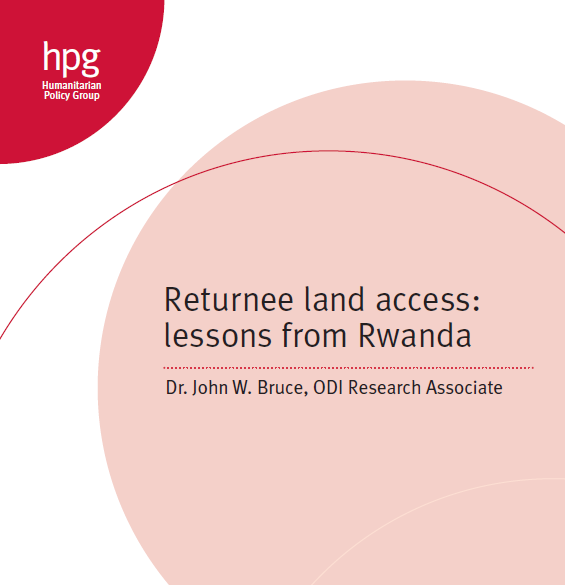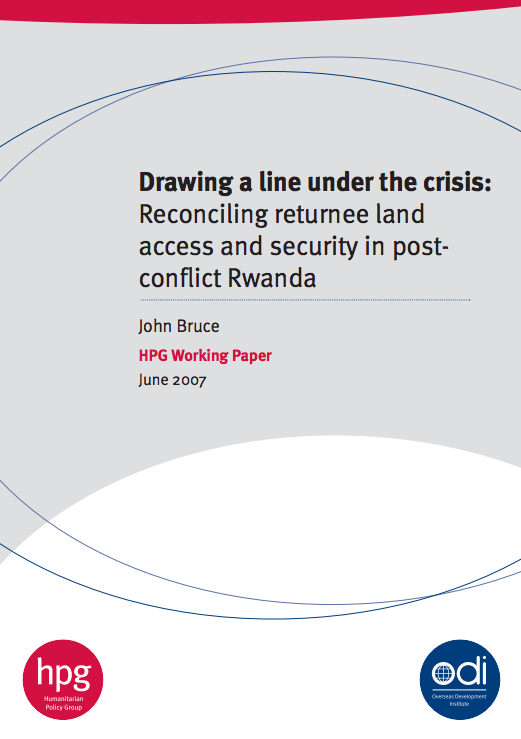Post Conflict Land Policy and Administration: Lessons from Return and Resettlement of IDPs in Soroti District: Implications for PRDP, National Land Policy, Land Act CAP 227 and NPIDPs 2005
A second report for the World Bank’s Northern Uganda Recovery and Development Program – RDP. The objective is to inform policy processes on post-conflict land policy and administration on likely types of land conflicts and claims, their resolution, gaps in current land policy, resources needed. Survey suggests that Teso’s IDP displacement patterns are unique. Customary tenure has been transformed, with household heads now owners, not trustees, of rights in land, so clans are merely informed of sales. Common property resources are at greatest risk.








